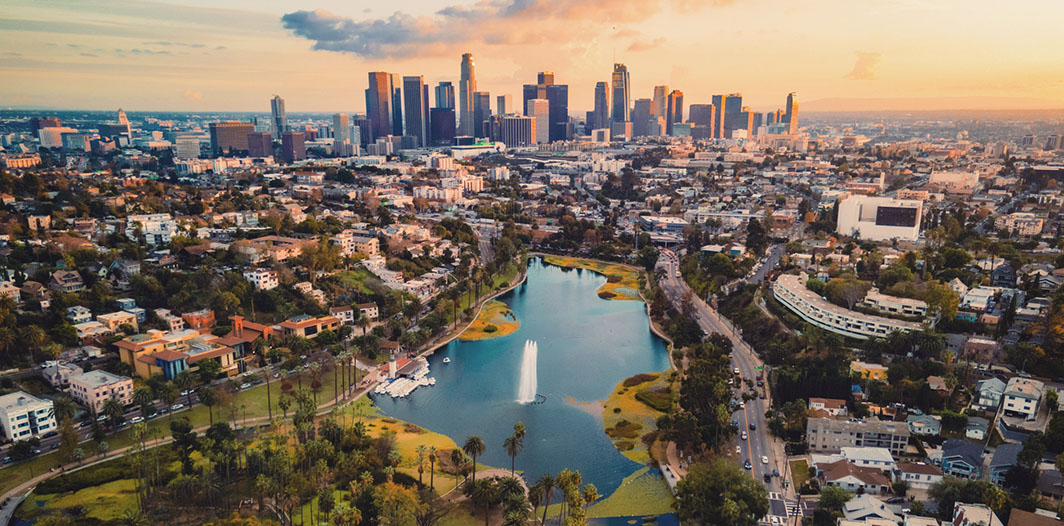Los Angeles Plastic Regulations

The city of Los Angeles and the wider LA county have been trying to fight an ongoing battle against single-use plastics by implementing various ordinances to curb consumption and promote a culture of sustainability and environmental responsibility among residents. These regulations help control plastic waste and encourage businesses to use more sustainable long-term options.
The Importance of Plastic Controls
Single-use plastics harm the health of the area’s environment and residents. They can compromise water quality and animal welfare and affect the local municipalities’ cash funds through the millions of dollars spent on managing the large amount of trash. These issues make it essential to reduce plastic waste to preserve public health and alleviate financial strain.
Ordinances for the City of Los Angeles
The city of LA has employed some significant measures to help reduce plastic pollution, including:
- A carryout bag ban: The LA government has enacted two bag bans, one in 2013 and one in 2022. Both prohibit the use of single-use carryout bags by any business that would’ve otherwise used them.
- A Styrofoam ban: At the end of 2023, the city prohibited the sale and distribution of all Styrofoam products for large food, beverage, and retail facilities with more than 26 employees.
- A disposable foodware ban: Beginning in 2019, large food or beverage facilities were mandated to stop serving customers with single-use foodware, such as drinking straws, utensils, stirrers, and condiment packets. Sustainable options are only available on request to ensure the least waste possible.
LA County Plastic Ban Rules
LA County plastic regulations for unincorporated areas set guidelines for:
- Single-use foodservice ware: All food facilities and retail establishments must provide recyclable or compostable foodservice ware for ready-to-eat food.
- Expanded polystyrene: This product may not be sold or rented in retail unless it is contained within a durable material to prevent environmental damage.
- Reusable foodservice ware: Any restaurants that are full service and have customers dine in must use reusable kitchenware.
Greenprint’s Role in the Solution
At Greenprint, we are proud to help businesses transition to sustainable foodservice ware. Our products offer a cost-effective option, and our sustainable alternative solutions ensure compliance with plastic regulations in LA city and county so that every business can cut costs and thrive in our collective zero-waste future.
If you have questions or want more information, contact us to schedule a sales appointment. You can also explore the products we offer for your business.
